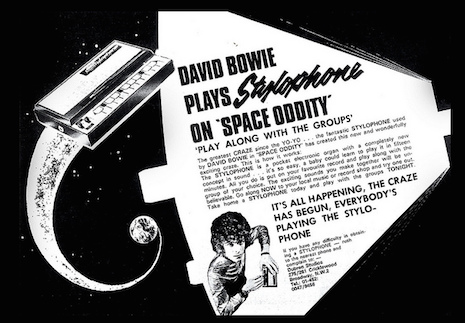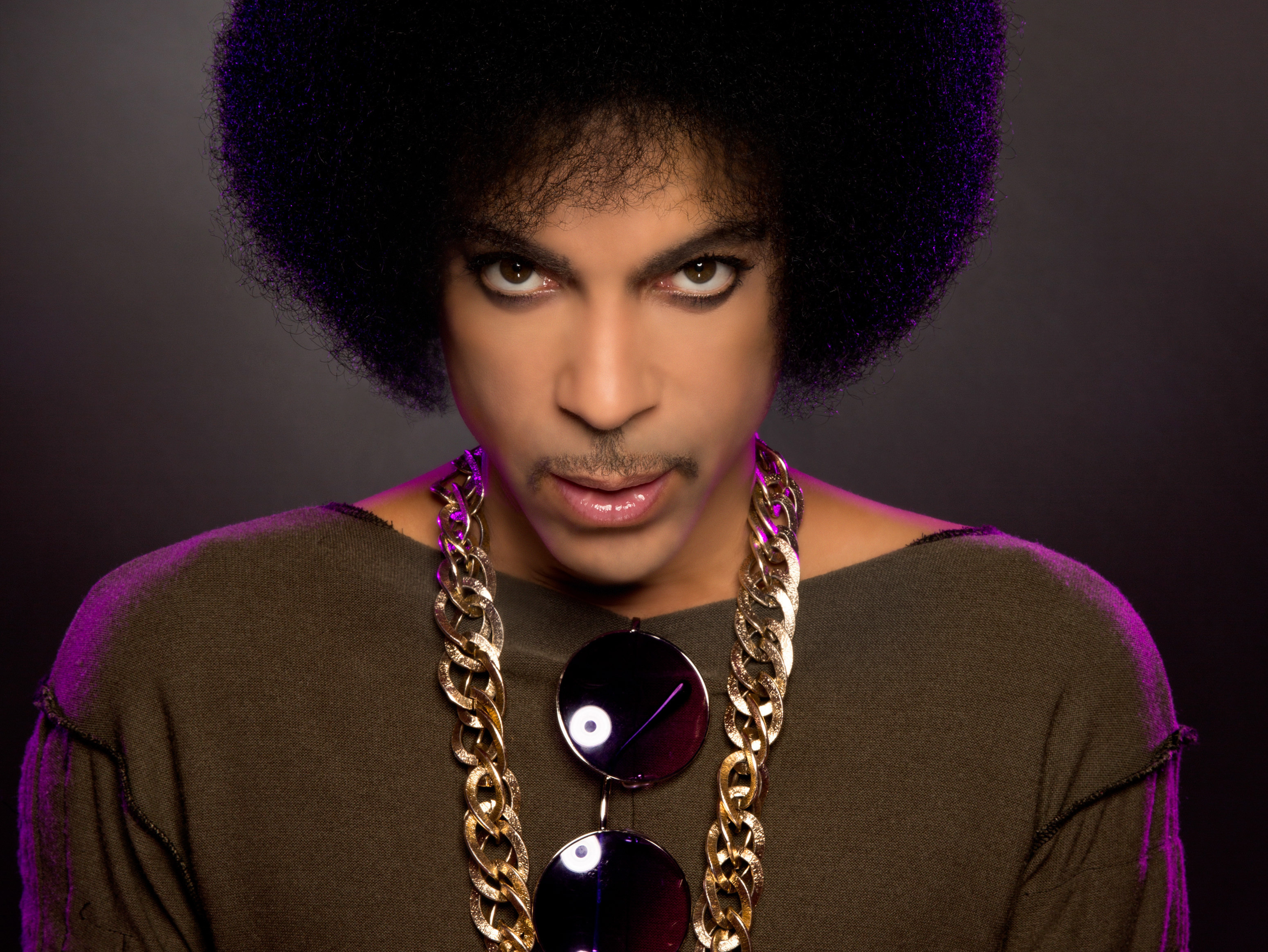Thanks to a giant urn of LSD-laced coffee, The Grateful Dead’s Playboy show was a gig of accidental psychedelic proportions.
Marc Cohn on The Holy Trinity Of Writers From Canada – Joni, Neil and Leonard
Grammy Award winning singer-songwriter Marc Cohn has been obsessed with pop music for as long as he can remember: “I was hooked from day one. My older brother had a band that rehearsed in our basement, so I heard Bacharach, The Beatles, Ray Charles, and Motown coming up through the floorboards from the time I was six years old. By the time I was eleven though, the Beatles were breaking up and singer-songwriters were breaking through, and a lot of that music really resonated for me”
1970 was a milestone for Marc – and for pop culture at large, given the unprecedented range of notable artists who made the charts that year. It was the momentous beginning of a new decade, and Cohn himself was moving closer to the precipice of young adulthood. The songs of that eventful year would stick with him forever, the way they would with anyone of a tender age just discovering the deeper meanings and life lessons – the romance, the sex, the sadness, the fun — to be gleaned from a seemingly simple pop tune.
Collaborating with longtime producer-arranger-multi-instrumentalist and fellow Grammy Award winner John Leventhal, Cohn doesn’t merely recreate the sounds of this storied time. On Listening Booth:1970, he transforms songs from such artists as Cat Stevens, John Lennon, Paul McCartney, Van Morrison, Smokey Robinson, Creedence Clearwater Revival and even Bread into tracks that are warm, soulful, more than a little sexy and full of easy-going charm. These highly personal interpretations say as much about Cohn’s own history – his experiences, his memories, his inspirations – as about the legacy of these songs. They’ve been so creatively and confidently re-imagined, and sung with such feeling, they practically feel brand new.
Eric: This is a very cool concept for an album, Listening Booth 1970. Why 1970, other than the fact that it was the year that I was born?
Marc Cohn: Of course that was the most important, which most people don’t know, so I’m glad you mentioned it. But aside from that, there were also musical reasons for me. It just happens to be the year that maybe 10 of my favorite albums of all time came out. The beginning of the singer/songwriter tradition. The Beatles had just broken up that year but George, John and Paul had each released solo records along with Let It Be. Simon and Garfunkel broke up but released “Bridge Over Troubled Water.” James Taylor “Sweet Baby Jane,” one of my favorite artists of all time. Van Morrison’s Moondance came out, one of my favorite artists of all time and a defining record. The list goes on and on. When we were making the record, we knew that it would come out exactly 40 years after 1970, so there seemed to be some poetry to the timing of it all. John and I, my Grammy winning collaborator as you mentioned, really loved the idea of choosing one year too. We knew the year we were interested in, but just the idea of it not being about the 70s or my favorite songs in general but really just taking a snapshot of the variety that came out in that one amazing year. Then as you say, trying to reimagine some of those songs was really fun.
Eric: What’s amazing about all of those artists you mentioned, was that not a lot of them were new in 1970, they already had a few albums out before reaching their legendary status. Do you think that any of those artists you mentioned could have even made it this far in today’s music?
Marc: Oh man, those artists? Yeah, I guess there’s some of those that would fall under questionable categories but listen, if there’s any period of time that Van Morrison, Paul Simon or The Beatles could not have succeeded in, I’m just glad I’m not living in that time. That’s all I can say. To me, that’s like imagining that Van Gogh would have never found an audience for his art. Those are the masters. I just can’t imagine that there would have been an era where they wouldn’t have made it.
Eric: Tell me about the first time you heard the playback for “Walking in Memphis” in the studio. Did you know you had a hit?
Marc: No. Not even close.
Eric: Really?
Marc: No, the only thing I had knew I had hit, which was even more crucial for me at the time – the most important part was writing it. I had been a songwriter for years before i wrote that song. I was probably about 25 when I wrote it. It didn’t come out until about 5 years after I wrote it. But, I knew that the song was the beginning of me finding my songwriting voice. It was something very different about that song and “Silver Thunderbird” and a few others that I wrote all around the same time where I knew I was beginning to do something original. For years, most songwriters are copying somebody or many people. If you’re lucky, you do it enough that you finally arrive at something that seems authentic and singularly you. That’s what “Walking in Memphis” felt like to me. It felt like a story nobody else had told, nobody else could have told. That was what was important to me. I felt like I was on to something as a songwriter. I had no idea when we recorded it that we had a hit. If you really think about 1990, and 1991 when that song came out. Mariah Carey and Whitney Houston and people like that ruled the airwaves. So my song was very strange for its time, right? Nobody was sure that it would fit in. In the end that’s kind of what’s served it, that it was so different and once it got played it stood out.
https://youtu.be/KK5YGWS5H84
Eric: I remember in 1992 when Shut Up and Dance released their single “Raving” based on the song. That’s how I knew it was a great, lasting song, when it can be accepted by a different audience who loves electronica, transforming it into a rave anthem.
Marc: Right, I know. I wouldn’t say that was a revelation for me to hear that. I mean, I loved it that people over the years have covered it. That’s the greatest compliment you can get as a songwriter. My moment with this song really was as I said, writing it and when we finally – it took forever to get the recorded version that everyone knows. If you listen to it, it’s a very unusual arrangement. The band comes in, the band comes out, it slows down a bit then there’s total silence for a few seconds right before I sing “boy you gotta prayer in Memphis.” It’s a strange arrangement that was all based around my original piano demo and it took a while to figure out how to make a band arrangement of that song work. So, once we got that I was really happy that we were able to figure it out.
https://youtu.be/VvqWtoa-Lfs
Eric: Tell me about the first time that you met Canadian producer Malcolm Burn. He was pretty popular while in Boys Brigade, working with Daniel Lanois, but you know him from his Burning Days album from 1998.
Marc: I did. I was and still am an enormous Daniel Lanois fan. I think he’s one of the great producers of all time. In fact, probably 70-80% of my favorite musicians of all time are from your lovely country of Canada. So, yeah, I was just really compelled by Daniel’s sound and knew that Malcolm, at that time, was starting to make records without Daniel and I found them equally compelling and I sought him out. I was looking at that time to sort of deconstruct the sound I had built for a couple of records and Malcolm seemed like the perfect person to help me do that. I recorded 2-3, maybe more tracks with him that to this day are some of my favorite recordings I’ve done. They’re very unexpected. They’re not the typical singer/songwriter type records. I really like that.
Eric: Who do you love from Canada and why do you think this country has developed songwriters like Joni Mitchell, Leonard Cohen, or Neil Young?
Marc: Those are the ones. That’s the holy trinity right there. I’d put Daniel right up there and Robbie Robertson and the list goes on. I don’t know, there’s poetry in the prairie. Something is going on up there. I even sometimes think Dylan was almost Canadian.
Eric: By only a few miles!
Marc: Minnesota is about as North and cold and prairie like as you can get and still be from America. I don’t know. You’d have to tell me, but it’s sort of astonishing. How did George, Paul, John and Ringo all end up in Liverpool?
Eric: There’s nothing to do, seven months of winter.
Marc: Maybe that’s the answer. There has to be some genetic code of brilliance. If cold was the only factor, there would be a lot more incredible writers from Cleveland.
Catch Marc Cohn on tour:
8/11/2015 Yoshi’s Oakland, CA
8/12/2015 Montalvo Arts Center Saratoga, CA
8/14/2015 City Winery Napa Napa, CA
8/15/2015 Firehouse Arts Center Pleasanton, CA
8/16/2015 Canyon Theater Agoura Hills, CA
8/18/2015 Belly Up Tavern Solana Beach, CA
8/20/2015 The Coach House San Juan Capistrano, CA
8/21/2015 Saban Theatre Beverly Hills, CA
8/22/2015 The Cave Big Bear Lake, CA
9/19/2015 Southern Westchester Music Fest Mamaroneck, NY
1/16/2016 Smothers Theater, Pepperdine University Malibu, CA
Frank Black on music streaming: “There’s an opportunity for my music to be heard and potentially paid for? Great, do it.”
The Daily Beast: What do you think about streaming services from a financial aspect?
The Pixies’ Frank Black: I can’t worry about that. It’s like, how many things can I fucking worry about, you know? I’ve got a lawyer, I’ve got an agent, I’ve got a publisher. They can worry about that stuff. I don’t have time to fucking take a stance on everything. There’s an opportunity for my music to be heard and potentially paid for? Great, do it. Is it the best that I can be paid? Is it the worst that I can be paid? I don’t know. I don’t really have a lot of options. All you can do is play your cards, and hopefully it all works out. Right now all I can really focus on is making music and trying to make sure whatever is owed to me from a financial point of view is collected by those agents who are authorized to collect it for me.
The Daily Beast: But don’t bands make exponentially less money than they used to?
Black: I can get all involved and take a stance and develop an opinion, but at the end of the day, I’ve got too much to do. I’ve got five kids. I just want to fucking play music and make art. I’m not criticizing other people who have highly developed opinions about all this, but I just don’t have time for it. I don’t have any interest in it. I just want to play music, and fortunately I’ve got my t-shirt money, I’ve got my concert ticket money, I’ve got my commercial usage money.
It’s no different than when I started out. Technology changes and formats change, but it’s basically you generate creative content, you try to get it heard, you try to get it paid for, you try to collect what is due to you, and, you know, file for your taxes (laughs). What else can I do?
Via The Daily Beast
Prince’s next album “HITNRUN” will be a TIDAL exclusive, released September 7th
Prince says:
“After one meeting, it was obvious that Jay Z and the team he has assembled at TIDAL recognize and applaud the effort that real musicians put in2 their craft 2 achieve the very best they can at this pivotal time in the music industry. Secondly, TIDAL have honored Us with a non-restrictive arrangement that once again allows Us to continue making art in the fashion We’ve grown accustomed 2 and We’re Extremely grateful 4 their generous support. And lastly, in the tech-savvy, real-time world We all live in 2day, everything is faster. From its conception and that one & only meeting, HITNRUN took about 90 days 2 prepare its release. If that’s what freedom feels like, HITNRUN is what it sounds like.”
Anwen Crawford On Why The World Needs Female Rock Critics
“The problem for women is that our role in popular music was codified long ago. And it was codified, in part, by the early music press. In the effort to prove the burgeoning rock scene of the sixties a worthy subject of critical inquiry, rock needed to be established as both serious and authentic. One result of these arguments—the Rolling Stones vs. Muddy Waters, Motown vs. Stax, Bob Dylan vs. the world—was that women came out on the losing side, as frivolous and phony.
Perhaps fiction and memoir, more than criticism, provide space for female writers to dissect all that is maddening and wonderful about popular music: the spectacle, the chicanery, the beautiful lies it tells us. But there is plenty of need for female music critics yet. “Take it easy, babe,” Mick Jagger sang in “Under My Thumb,” still as glistering a slice of unrepentant misogyny as ever it was, unredeemed by time or by the million screaming girls who wriggled beneath Jagger’s commands. In a 1971 essay, Ellen Willis argued that Jagger’s “crude exhibitions of virility” were less sexist than the “condescending” pose of a bohemian like Cat Stevens; insofar as rock, she wrote, “pitted teenage girls’ inchoate energies against all their conscious and unconscious frustrations, it spoke implicitly for female liberation.” I don’t entirely agree with Willis’s defense of the Stones, but I do recognize the difficult trade-off she describes, between the freedom that rock can feel like, for a woman, and the subjugation that it might celebrate. It’s between these boundaries that the female critic works, hoping to clear a path.”
– Anwen Crawford, “The World Needs Female Rock Critics”
Duran Duran On Why They Think They’re Still So Influential
Every generation gets into Duran Duran. What do you think it is that makes this band still so influential?
Nick Rhodes: I think the approach we took has certainly become more popular with a lot of artists now. But we took it from everything we’d heard and seen and put it together. We liked Chic and Sister Sledge, and we liked David Bowie. We liked the Sex Pistols and Kraftwerk. Along the line we got into James Brown and electronic music and house music. It all goes into the mix, and that’s the way music’s always developed.
The world keeps catching up to where Duran Duran started.
Simon Le Bon: We’re still here. And we’ll wait forever if we have to.
Via Rolling Stone
What is ‘vocal fry,’ and why is this a new thing? Oh, it’s not?
You sound like a Kardashian or many actresses these days? Speech therapists “vocal fry” the call is low, throaty-up of young women are gaining importance. “Sunday Morning” Faith Salie contribute girls should be encouraged to find their voices, however, say that there should be creaky uncomfortable.











